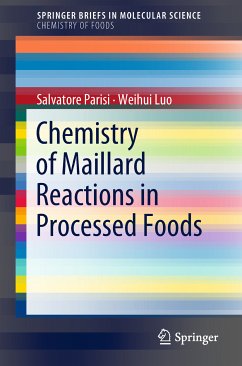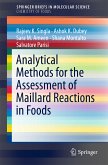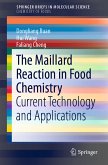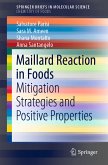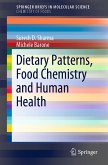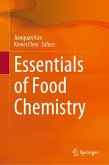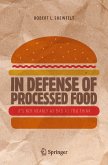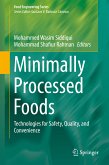This SpringerBrief explains the importance of Maillard reactions in food processing. It underlines that the term "Maillard reaction" actually does not describe one single chemical reaction, but an entire class of chemical reactions, which lead to browning, with a strong impact on visual appearance, odor, and flavor. It emphasizes that the Maillard reactions are still not fully characterized, despite extensive historical studies. While under the right conditions Maillard reactions have many favorable effects (e.g. formation of antioxidants), the Brief discusses that there are also conditions where Maillard reactions can result in toxic or mutagenic reactions. Hence, it emphasizes that the reaction should be viewed as a complex network of various sub-reactions, with a plethora of concomitant reaction mechanisms and kinetics. This Brief thus makes a step toward a holistic evaluation of the complexity of the Maillard reaction scheme, with the aim of making better and more targeteduse in food processing.
Dieser Download kann aus rechtlichen Gründen nur mit Rechnungsadresse in A, B, BG, CY, CZ, D, DK, EW, E, FIN, F, GR, HR, H, IRL, I, LT, L, LR, M, NL, PL, P, R, S, SLO, SK ausgeliefert werden.

